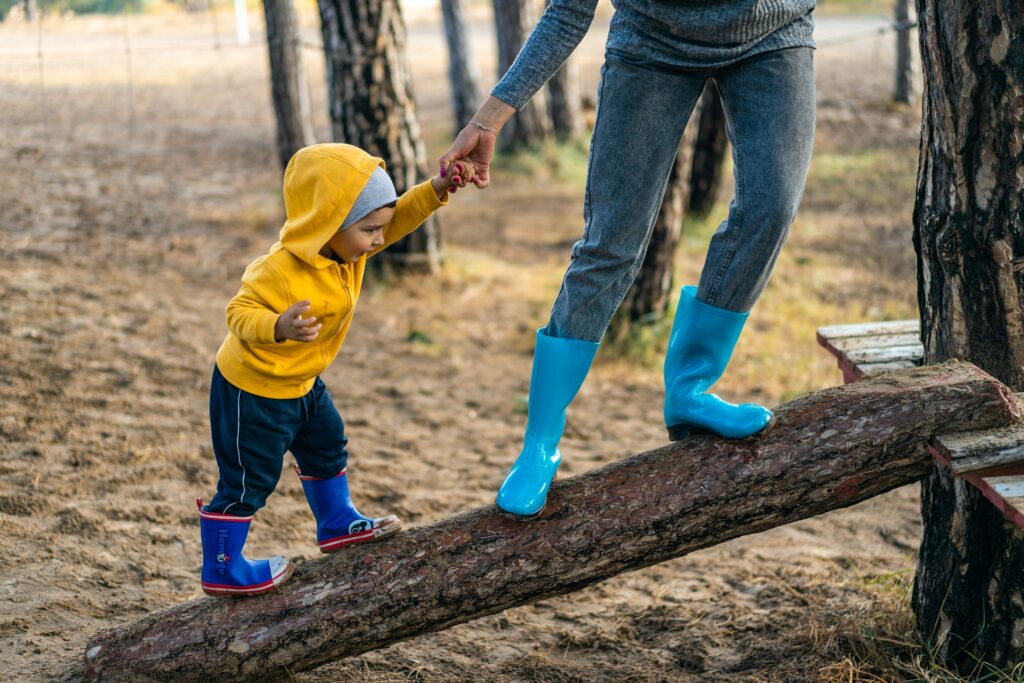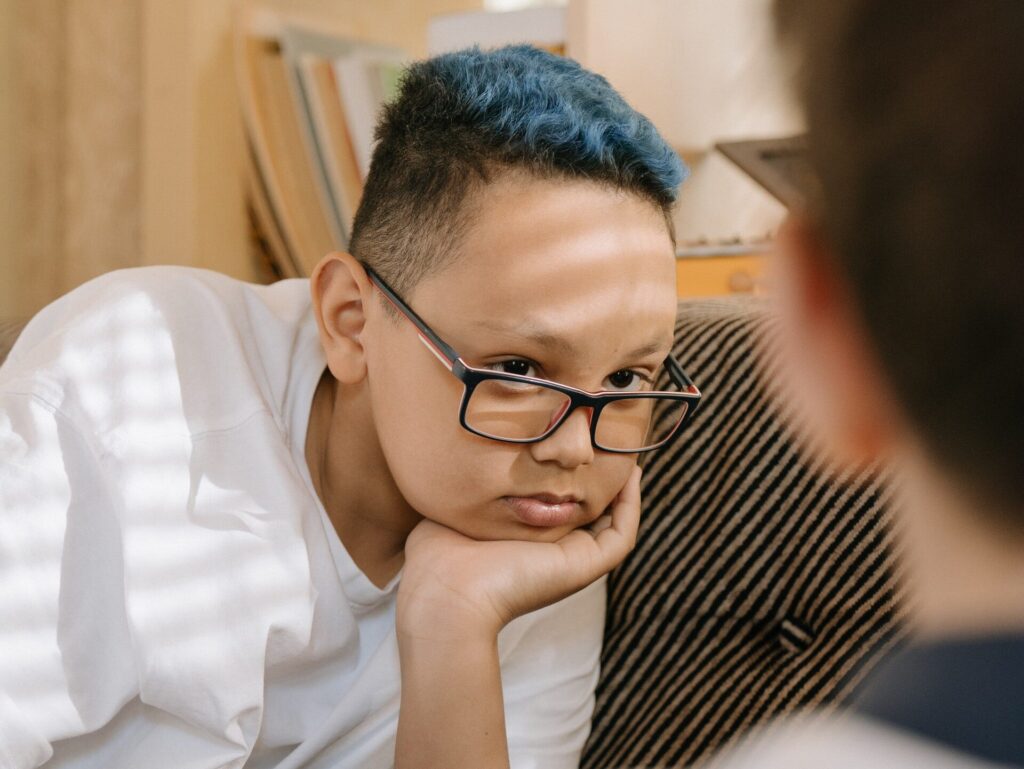

People count on you to be ready.
Washburn Center’s Mental Health First Aid Training is one of the few to offer the latest training to strengthen community protective factors, offer early intervention and reduce risks for children and adults facing mental health challenges. Thanks to a generous grant from SAMHSA, over 200 local educators, doctors, and therapists have received this training free of charge.
Upcoming FREE class dates:
– Monday, June 30, 8:30 a.m. – 4:30 p.m. | Youth Mental Health First Aid
– Tuesday, July 15, 9 a.m. – 5 p.m. | Adult Mental Health First Aid
– Thursday, July 24, 8:30 a.m. – 4:30 p.m. | Youth Mental Health First Aid
– Tuesday, August 5, 9 a.m. – 5 p.m. | Adult Mental Health First Aid
– Monday, August 11, 8:30 a.m. – 4:30 p.m. | Youth Mental Health First Aid
– Friday, September 12, 9 a.m. – 5 p.m. | Adult Mental Health First Aid
– Monday, September 22, 8:30 a.m. – 4:30 p.m. | Youth Mental Health First Aid
More 2025 dates coming soon!
After the training, you will:
– know how to support an individual who is in emotional distress
– understand how to recognize and interpret distress
– be prepared to support, de-escalate and triage individuals acting out as a result of mental health challenges.
Think this would be a good fit at your organization’s next training or event? Connect with Training Institute team to customize training for your organization.
Mental health is equally important to physical health.
Research tells us the two are inextricably linked in humans of all ages. In children and adolescents, stressors can affect developmental growth and learning.
– Adverse childhood experiences (ACEs) are consistently linked with negative physical and psychological health outcomes. From behavioral problems and cognitive difficulties, to greater chance of mental health diagnosis — children are at risk.
– Prolonged adversity means irreversible changes in the neurochemical systems too (Perry, 1994).
– Ultimately disruptions are noted in the neuroendocrine and the immune systems (Oral et al., 2016), for example, the overload of cortisol following activation of the HPA at first, that is then followed by lack of cortisol.


Responses tailored for them.
Kids don’t always have the skills and coping mechanisms to handle what life throws at them.
They need adults to respond. And, to do it calmly with the right skills and training.
They need adults who understand their response might be wrapped up in vulnerabilities that we can’t see. Or, developmentally they may not have the words to express fear, worry, anger… And, responses are influenced by previous experiences – that may push a kiddo to fight, flight, freeze.
